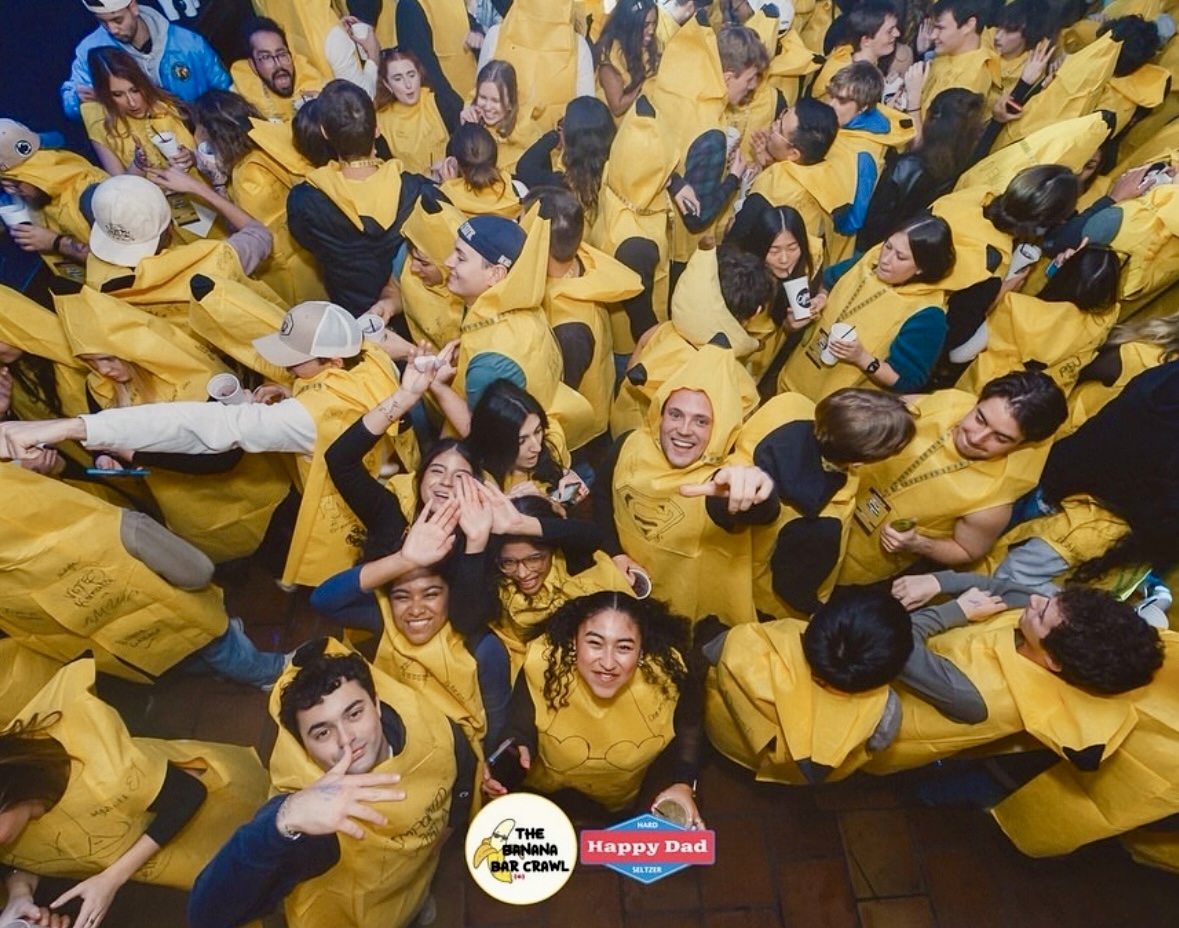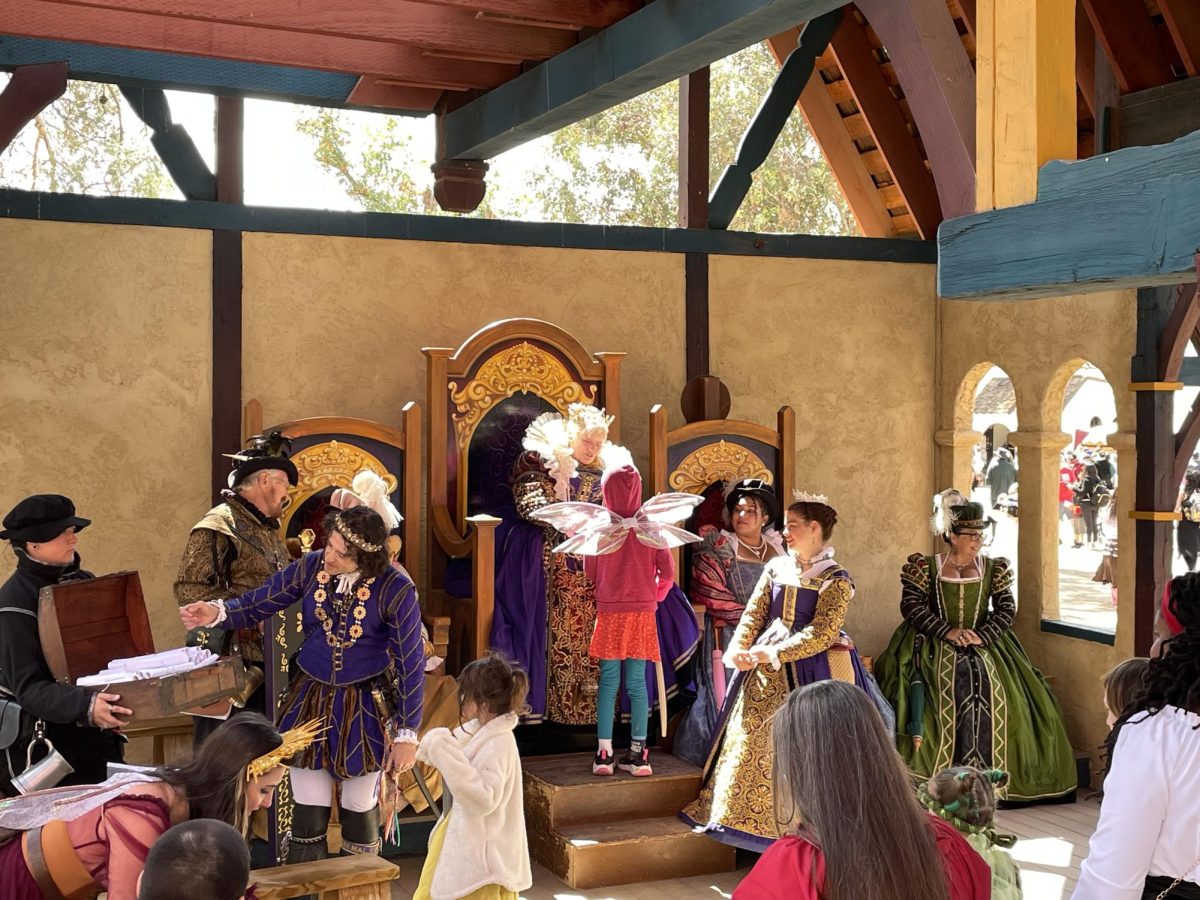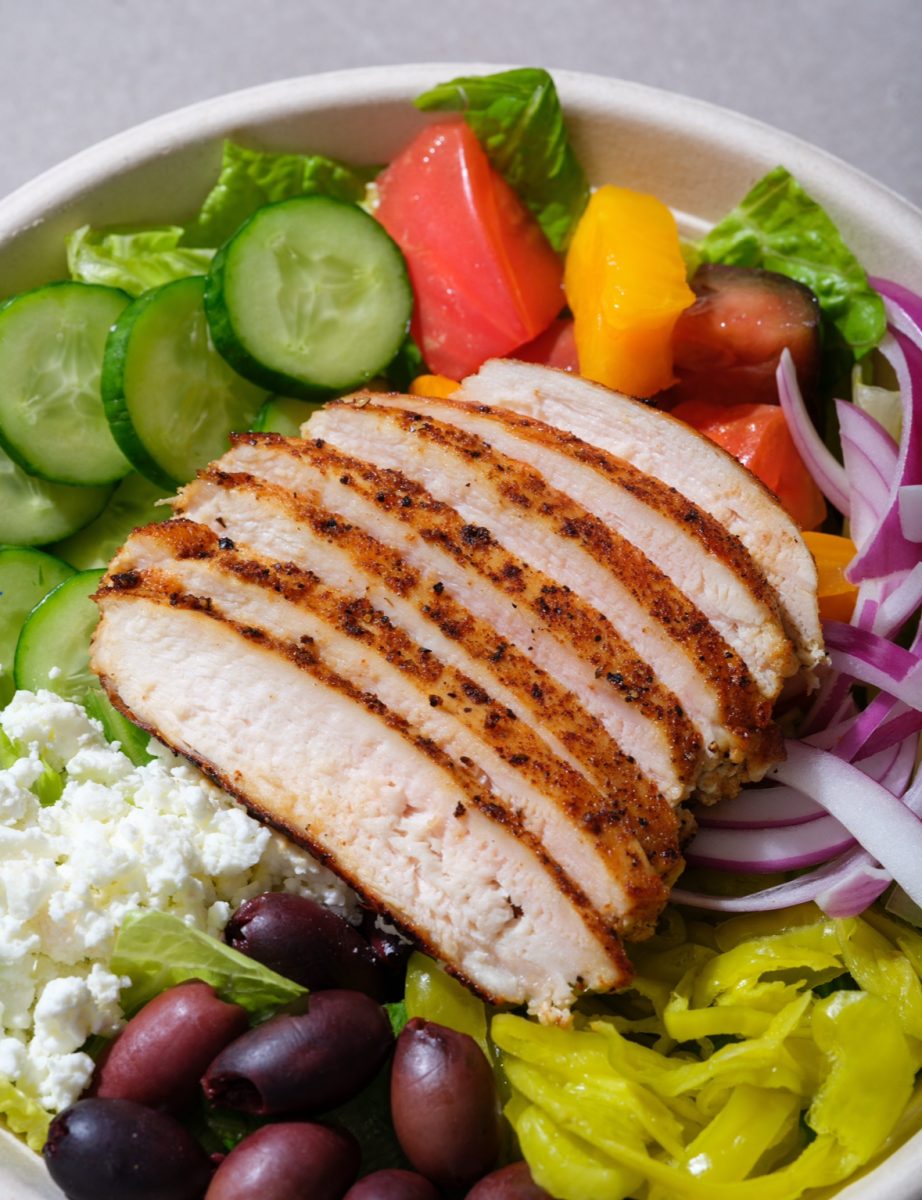Tucson, known for its cacti and dusty desert grounds, may not seem like the ideal location to pick up gardening for those lacking a green thumb.
And yet it is here that seed swapping has become a budding community pastime.
Access to seeds is a library card swipe away and the assortment of plant varieties available to the public is curated by the community through seed swapping and donations of heirloom seeds. Instead of purchasing seeds where the end result is a gamble of how well a plant will take to this environment, all potential gardeners need is to visit their local library to obtain seeds that prosper well in Tucson’s unique climate.
Every month somewhere from 500 to 1,200 unique users are checking out seeds from the Pima County Library seed catalog, and within the average month, 5,000 to 6,000 seeds are checked out, according to librarian Betsy Langley.
“There are the ones who use it (the seed catalog) religiously and get their 10 packets each month and they’re just really into it,” Langley said. “And there are those ones who get two packets and just try it out.”
Pima County Public Library offers library card holders the ability to check out up to 10 packets of seedlings a month from its seed catalog at 18 locations. Library card holders also can request to have seeds shipped to them from the catalog.
The library promotes this service through email blasts, tabling at farmers’ markets and outreach at big community events like the Tucson Festival of Books.
The service is a means to educate Tucsonans about gardening and agriculture practices, help support biodiversity here in the desert and improve users’ quality of life by engaging in this positive pastime.
“Seed libraries have started popping up everywhere across the country but when we started in 2012 there weren’t that many around,” Langley said.
The Facebook page dedicated to the seed swapping section of the library currently has 4500 followers.
“Really really positive response from the community, users and not alike,” Langley said.
The initial idea for creating a seed library through the library system sprouted during outreach at what used to be the Santa Cruz River Farmers’ Market when an heirloom tomato vendor approached library staff tabling at the event with the idea.
“That was the seed for the idea as you would say,” Justine Hernandez said.
Hernandez and Debbie Federico, library staffers, have both manned the seed library table at the MSA Annex Farmers’ Market and heard positive feedback from the community attending the event.
“We had a woman from the El Rio farmers market (Santa Cruz River Farmers’ Market) come by and say she loves the seed library,” Hernandez said.

Dried sunflower seeds sit in a woven basket on the table for the Pima County Public Library Seed Library program at a local Tucson farmers market. Attendees of the market could take free seeds from the table to use in their own garden.
Federico joined the team after Langley and Hernandez and was equally enthusiastic about the seed catalog’s mission. She said she began gardening through seed swapping and is getting the hang of it.
The seed library attends the Annex farmers market every first Thursday of the month from 3 to 5:30 p.m.
Seed swapping is the practice of getting a plant through a whole cycle of planting and harvesting then packaging seeds left over for others to check out and in return getting seeds from the catalog.
On the seed library website there is insight into what plants fend the best seasonally.
Interested in learning how to take a seed from the catalog and eventually return it back to the library? Mission Garden, which has partnered previously with Pima County Library and the Biblio Lotus Garden to put on the Seed Stories event, does a seed saving social every Wednesday from 1 to 3 p.m.
“It was popular and it does go really to the core of what we are doing here,” said Dena Cowen about the partnership with Pima Community Library.
At the social, held at 946 W Mission Lane, volunteers or staff walk participants through processing seeds harvested directly from the garden.
Cowen, who spent 25 years living in rural Spain, began seed swapping with neighbors and kept with it ever since.
“That’s how I started gardening, seed swapping with my neighbors. That’s how most people get started as far as I know,” Cowen said. “It’s a great way to enhance the diversity of the seeds and adapt to the place.”
Cowen explained the benefits of seed swapping or checking out from a locally sourced seed catalog involve passing down traditions, the overall taste of the produce and preserving its terroir.
“These seeds have been passed down for many generations … all of these seeds have been handed down with tender loving care and survival and the joy of eating,” Cowen said.
Cowen also explained how seed swapping and educating the public about the importance of biodiversity and agricultural practices is necessary because of Arizona’s “dwindling arable land.”
“A lot of what we have is being developed for urban buildings. If we ever want to re-localize our food system, it’s going to be hard to do,” Cowen said.
According to Cowen, teaching people how to gather heritage seeds and continue the cycle of checking in and checking out from Missions Garden’s own seed library is not only important but also relatively fun and easy to learn.
“We have some really, I think, precious seeds, the whole idea now is to get it out into the community and keep it growing. These heritage seeds need to be kept alive, kept growing to keep traditions alive,” Cowen said.
For more information about seeds available for checkout, visit the Pima County Library seed catalog website.
Arizona Sonoran News is a news service of the University of Arizona School of Journalism.
Follow the Daily Wildcat on Instagram and Twitter/X





















